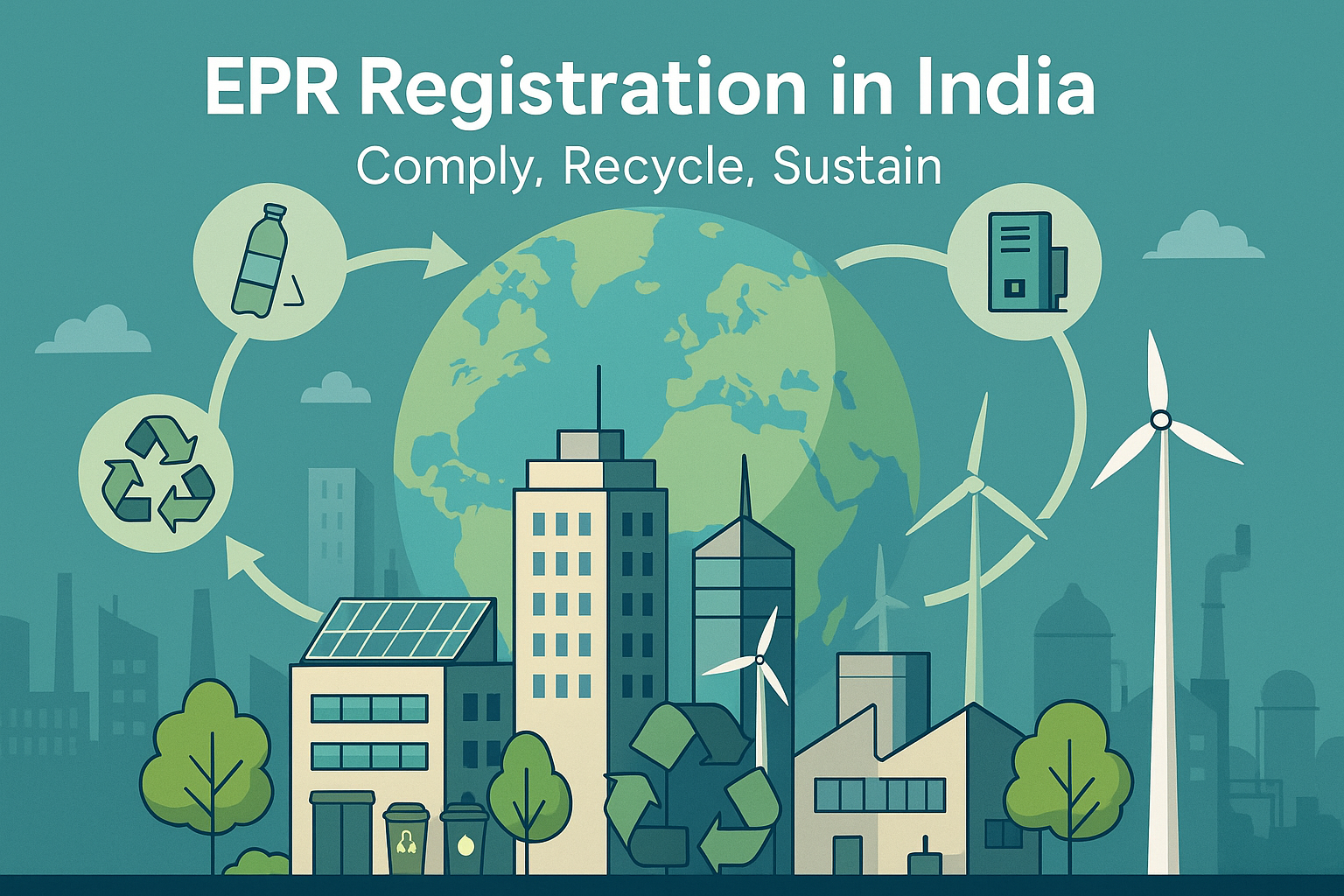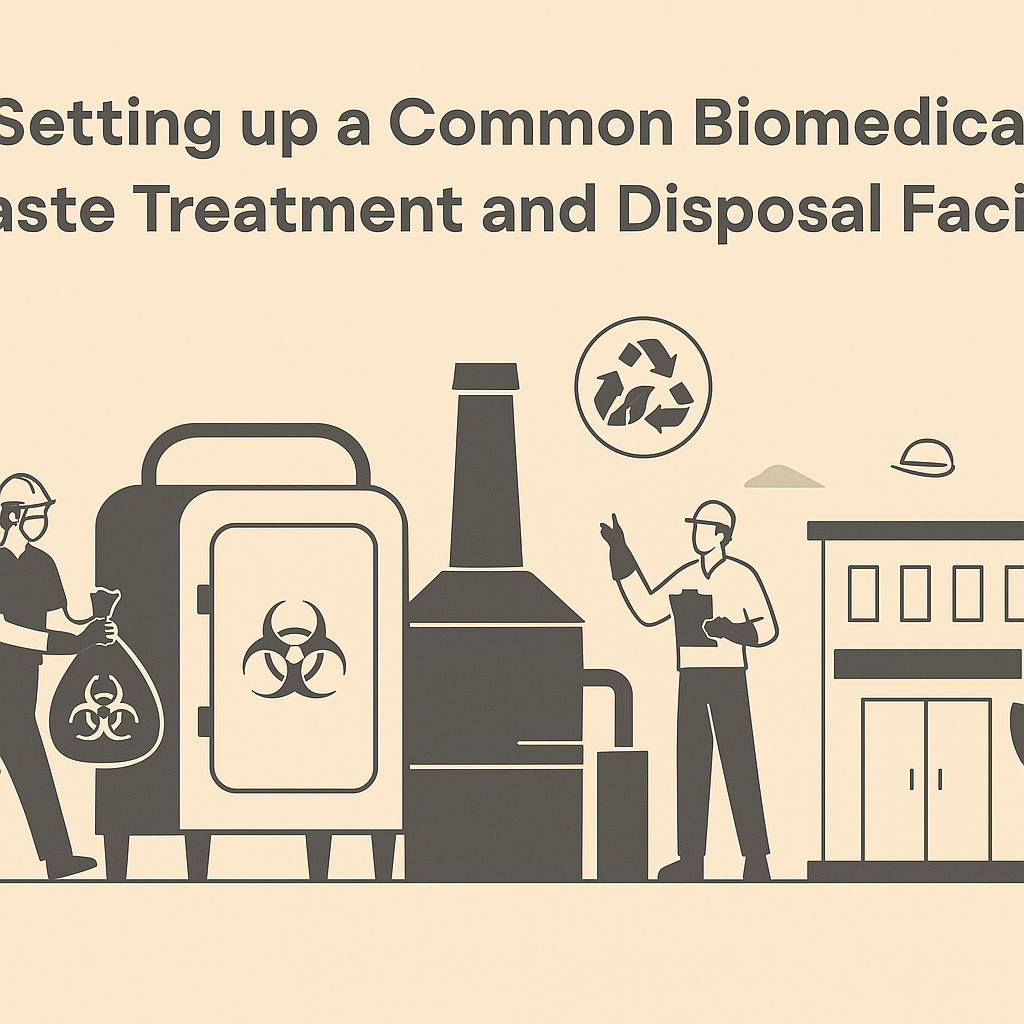
As environmental concerns mount and regulations tighten, businesses across India are facing increasing responsibility for the waste generated by their products. One of the most significant regulatory steps toward sustainable waste management is Extended Producer Responsibility (EPR). By obtaining EPR certification, companies not only comply with legal mandates but also contribute to a cleaner, more circular economy.
EPR places the onus on producers, importers, and brand owners to manage the end-of-life disposal of their products. Whether it’s electronic waste, plastic packaging, batteries, or used oil, companies must establish collection, recycling, and disposal systems to mitigate environmental harm. This shift is not merely a regulatory formality it reflects a larger global transition toward sustainable production and consumption.
Securing EPR registration begins with identifying the category of waste your business generates. Once the applicable category is established, businesses must create a detailed EPR plan that includes take-back mechanisms, collaboration with authorized recyclers, and sustainable disposal strategies. This plan is then submitted to the Central Pollution Control Board (CPCB) or relevant State Pollution Control Board (SPCB), depending on the nature and scale of the operation.
In recent years, the Indian government has made the application process more accessible by introducing online portals for EPR registration and monitoring. Despite this digital shift, the process still requires in-depth documentation, compliance checks, and ongoing reporting to regulatory bodies. Partnering with compliance experts can simplify this journey, ensuring timely approvals and accurate documentation.
Beyond compliance, EPR authorization creates long-term value for businesses. It builds consumer trust, strengthens environmental credibility, and aligns operations with global ESG (Environmental, Social, and Governance) standards. Brands that adopt EPR frameworks demonstrate their commitment to sustainability, often gaining a competitive edge in both domestic and international markets.
Moreover, having a valid EPR certification opens up new possibilities for funding, government incentives, and collaboration with eco-conscious partners. It also prepares businesses for future regulatory expansions as India continues to tighten its environmental policies. For companies exporting goods to countries with strict sustainability standards, EPR compliance has become a baseline requirement.
To navigate this evolving regulatory landscape, it’s crucial to take a proactive approach. Begin by conducting a thorough waste audit of your operations, identifying recyclable materials, and mapping out recovery systems. Establishing transparent and verifiable recycling partnerships is also key to avoiding penalties and ensuring operational continuity.
In a time when environmental accountability is more than just a trend, obtaining EPR registration is both a compliance necessity and a strategic investment. Companies that act now not only meet present-day regulations but also future-proof their businesses against the growing wave of sustainability mandates.


Write a comment ...